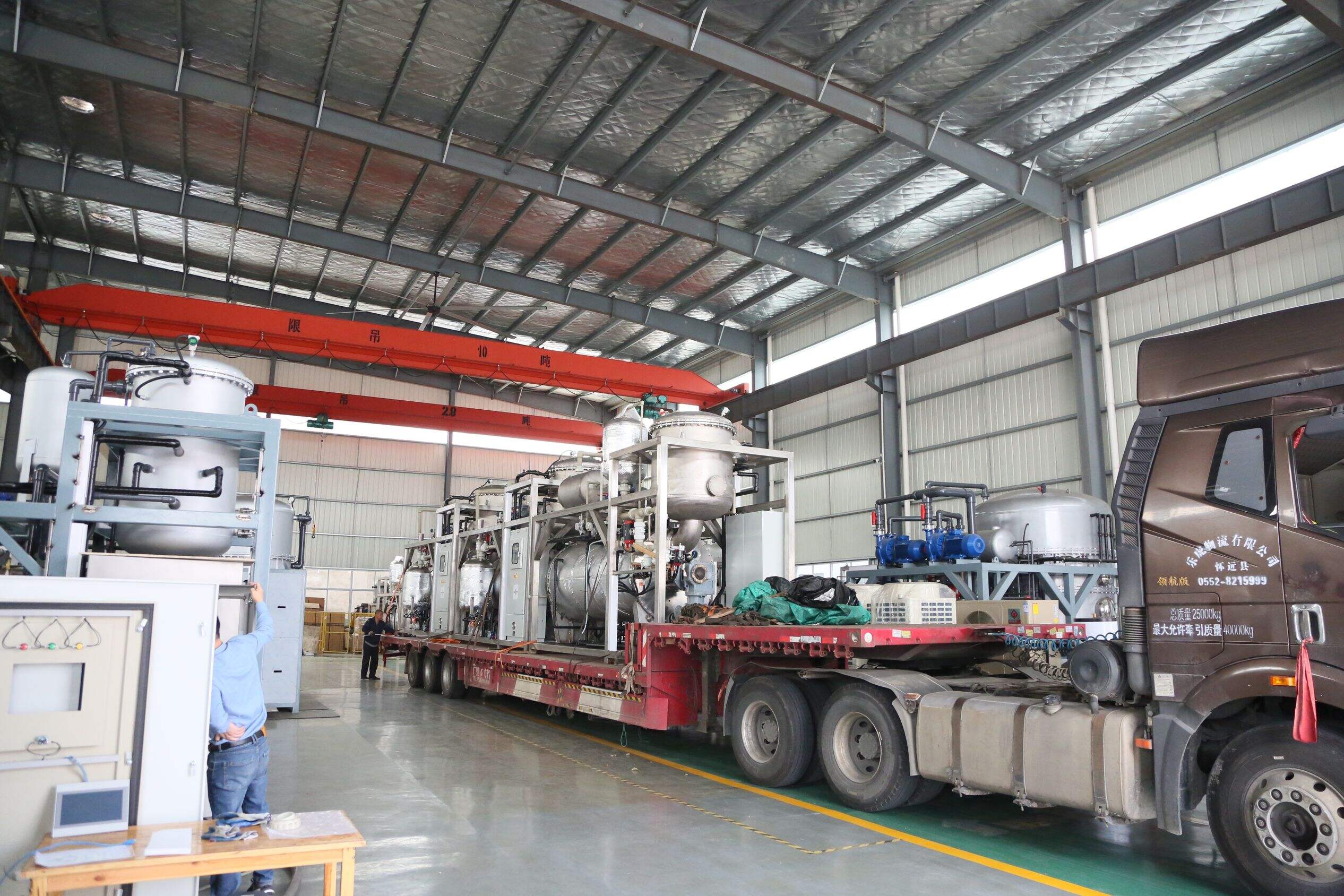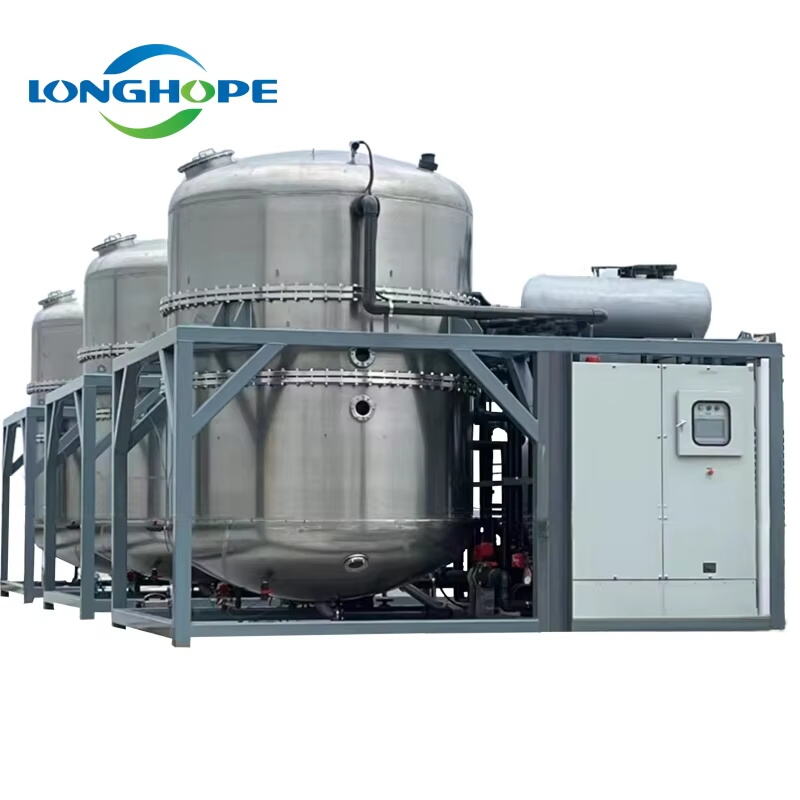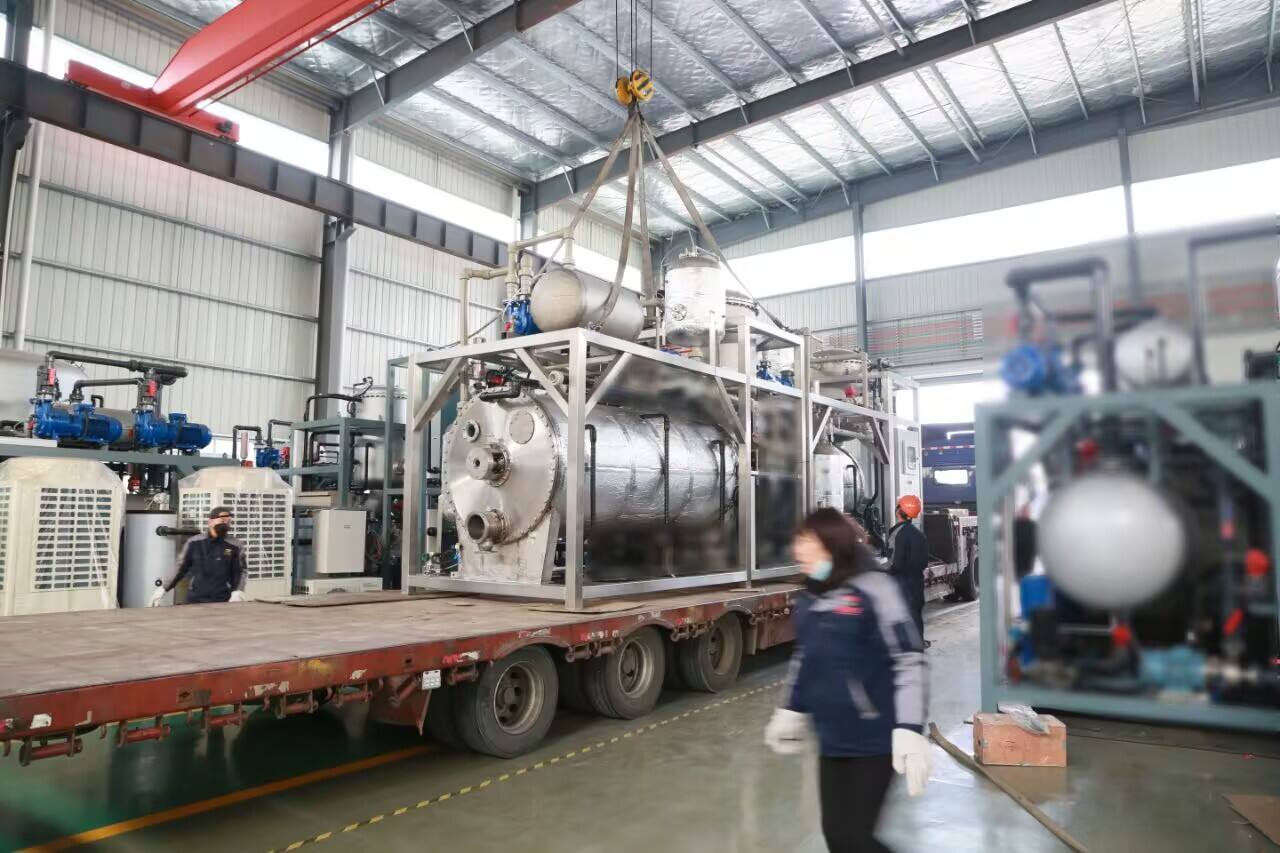industrial waste water treatment systems
Industrial wastewater treatment systems represent sophisticated engineering solutions designed to purify and process contaminated water from manufacturing and industrial processes. These systems employ a combination of physical, chemical, and biological treatment methods to remove pollutants, hazardous materials, and other contaminants from industrial effluents. The core components typically include primary treatment systems for removing solid waste and oils, secondary biological treatment processes for breaking down organic compounds, and tertiary treatment stages for final purification. Modern systems incorporate advanced technologies such as membrane filtration, UV disinfection, and automated monitoring systems that ensure consistent water quality output. These systems are customizable to handle various types of industrial waste, from heavy metals in manufacturing to organic waste in food processing. They operate continuously, processing thousands of gallons per day while maintaining strict compliance with environmental regulations. The applications span across multiple industries, including chemical manufacturing, food and beverage production, pharmaceutical manufacturing, and metal processing facilities. These systems not only ensure environmental compliance but also enable water recycling and resource recovery, making them essential for sustainable industrial operations.


